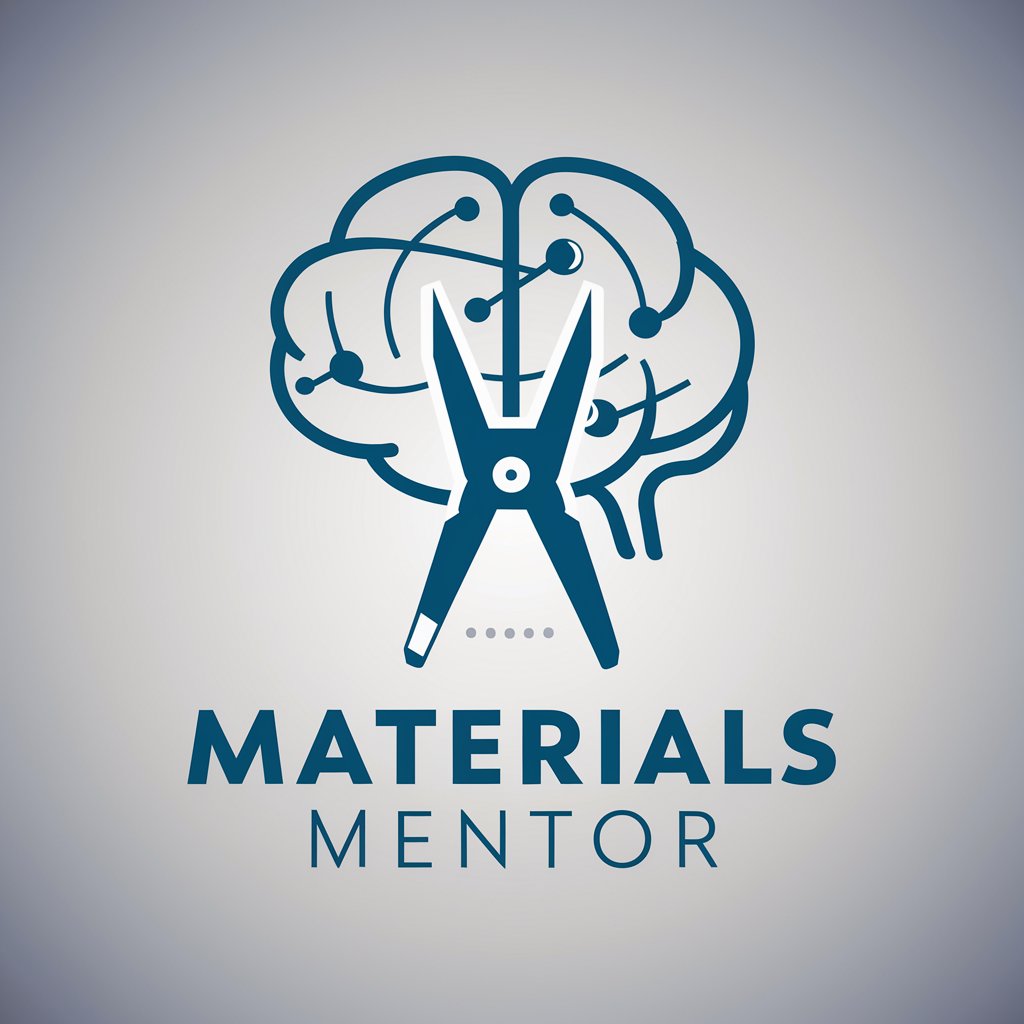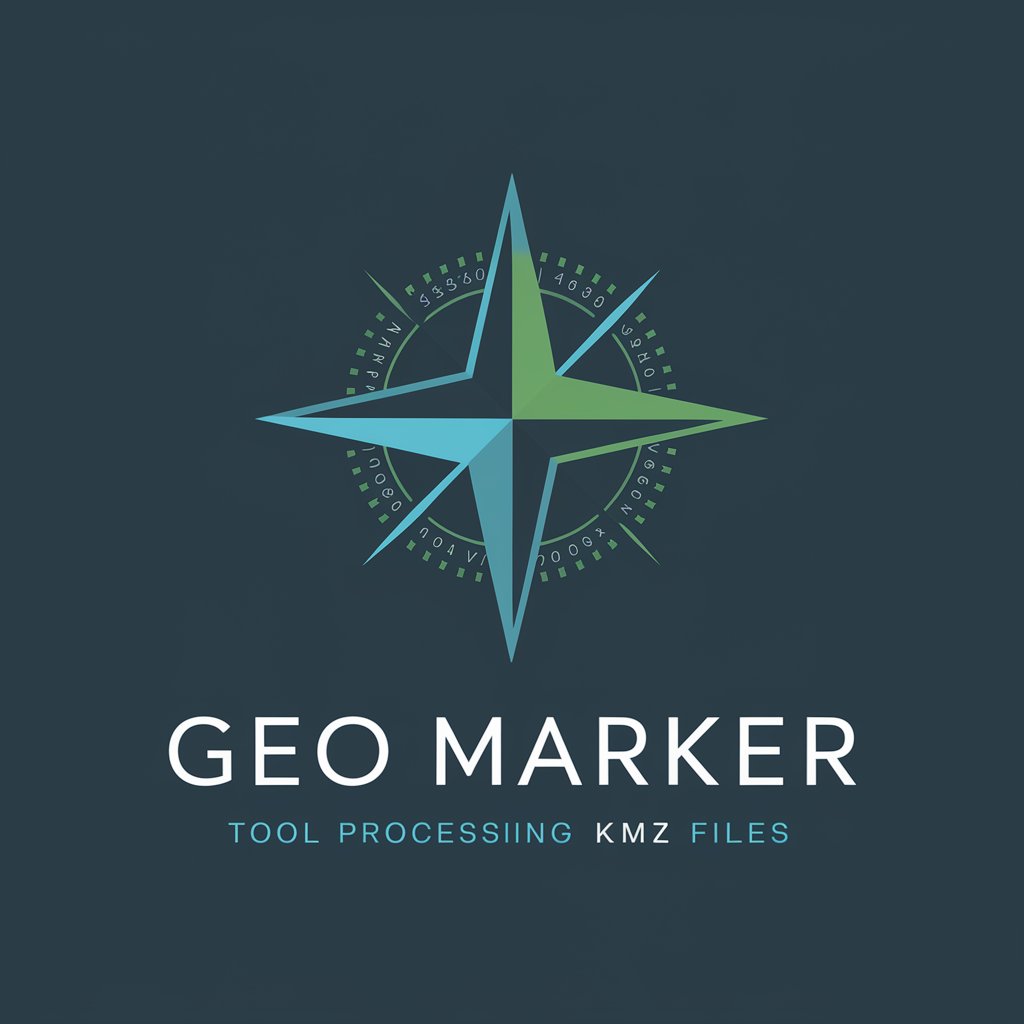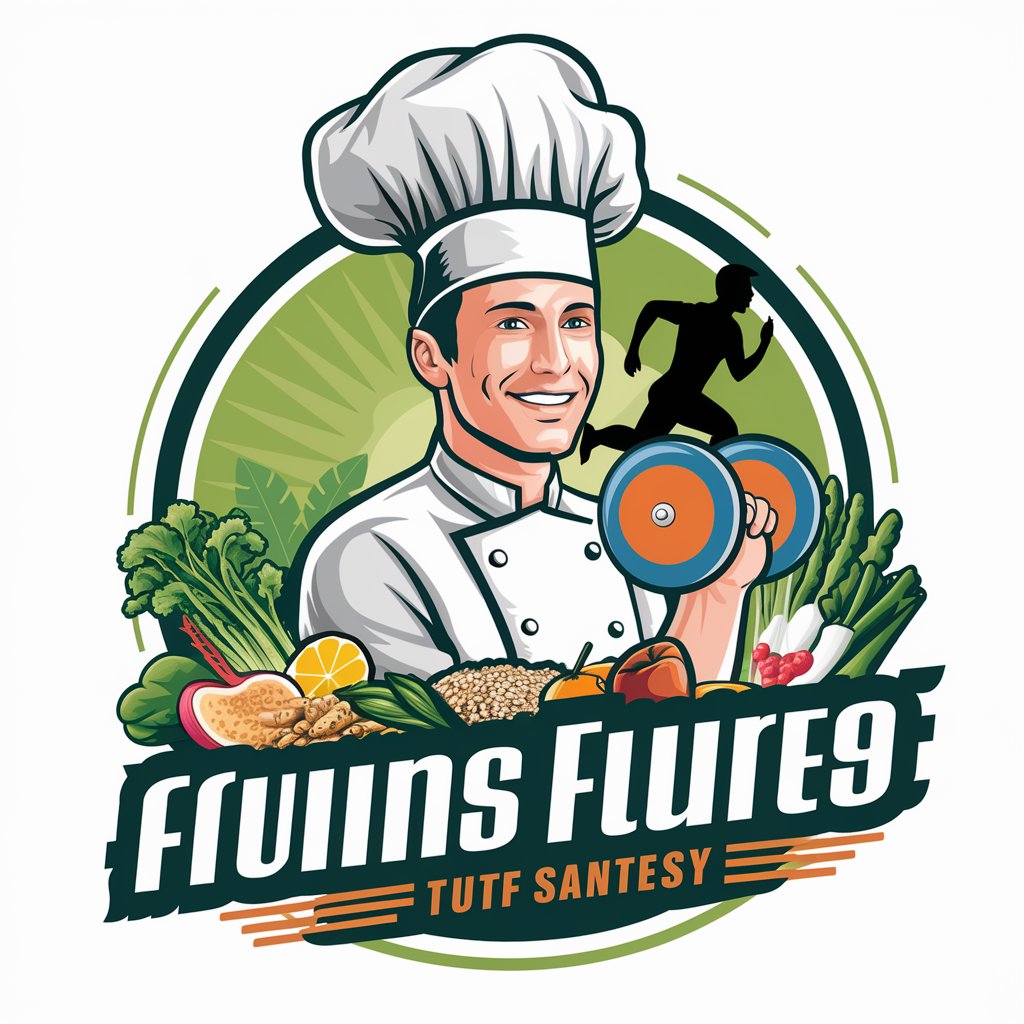Materials Mentor - AI-powered materials science guide

Welcome to Materials Mentor, your guide to material science!
Your AI-powered guide to materials science
Explain the differences between crystalline and amorphous structures in materials.
Describe the process of nucleation and its importance in material science.
How do the mechanical properties of polymers differ from metals?
What are the key factors affecting the thermal conductivity of materials?
Get Embed Code
Introduction to Materials Mentor
Materials Mentor is an AI-powered assistant designed to support students in the field of materials science and engineering. Its purpose is to provide informative and detailed assistance on topics related to the discipline, ranging from the fundamentals of materials engineering to advanced applications in technology. For example, a student struggling to understand the concept of crystalline structures can ask Materials Mentor for an explanation or examples of how these structures affect material properties. Similarly, if a student is working on a project about the selection of materials for aerospace applications, they can consult Materials Mentor for advice on material properties, processing techniques, and performance characteristics in aerospace environments. Powered by ChatGPT-4o。

Main Functions of Materials Mentor
Educational Support
Example
Providing detailed explanations of material science concepts, such as the differences between metallic, ceramic, polymer, and composite materials.
Scenario
A student is preparing for an exam and needs to understand the fundamental principles of metal alloys and their phase diagrams.
Problem Solving
Example
Offering step-by-step guidance on solving problems related to material properties calculations, such as tensile strength, elasticity, or thermal conductivity.
Scenario
A student is working on a homework assignment that involves calculating the thermal expansion coefficient of a composite material.
Material Selection Guidance
Example
Assisting in the selection of appropriate materials for specific applications by discussing their properties, processing methods, and performance in various conditions.
Scenario
A student is undertaking a project to design a lightweight, durable bicycle frame and needs to choose the right material for the application.
Research Assistance
Example
Providing insights into the latest advancements in materials technology, including innovative materials and emerging applications.
Scenario
A student is writing a thesis on the use of nanomaterials in energy storage devices and seeks current research trends and findings.
Ideal Users of Materials Mentor Services
Materials Science and Engineering Students
Undergraduate and graduate students who require assistance with course materials, homework, project research, and preparation for exams.
Educators and Instructors
Professors and teachers looking for resources to enhance their teaching materials, provide examples, and keep up with the latest developments in materials science.
Research Scholars
Individuals engaged in materials science research who need support in literature review, understanding complex concepts, and exploring new areas of study.
Industry Professionals
Engineers and technologists in industries such as aerospace, automotive, and electronics, who need up-to-date information on material selection and technology trends.

Usage Guidelines for Materials Mentor
Initial Step
Visit yeschat.ai to explore the capabilities of Materials Mentor without needing to sign in or subscribe to ChatGPT Plus.
Identify Your Needs
Determine the specific topics or areas in materials science you need help with, such as understanding material properties, selecting appropriate materials for an application, or processing techniques.
Utilize Available Features
Make use of the comprehensive database for materials properties and applications to find detailed, science-backed answers and explanations.
Interactive Learning
Engage in interactive sessions where you can ask follow-up questions, request clarifications, and get insights tailored to your specific educational or professional needs.
Apply Knowledge
Apply the concepts and solutions provided to your academic projects, research, or practical engineering problems to enhance learning and implementation.
Try other advanced and practical GPTs
@MistikosBR - Arcanos Menores de Copas
Unveil the Depths of Cups Cards

Asesor de Compras
AI-powered Shopping Made Simple

Academic Enhancer - Marked Revisions
Elevate your research with AI-powered writing enhancement

Geo Marker
Mapping paths, one marker at a time.

Prompt Polisher
Refine Your Prompts with AI

Holly (RED DWARF)
Your witty, AI-powered sidekick in space!

London Explorer
Tailoring Your London Journey with AI

Assistente Frutera
AI-powered grocery shopping at your fingertips.

Assistente Pet: compras para Cães e Gatos
Your AI-powered guide to pet happiness.

PGT LOGISTICS (COMPRAS POR INTERNET)
Streamline your online shopping with AI-powered logistics.

Compras - Assistência na escolha do melhor produto
Smart AI for Smarter Shopping

Cardápio e Compras da Semana
AI-powered healthy meal planning made easy

Common Questions about Materials Mentor
What type of information can Materials Mentor provide?
Materials Mentor can provide a wide range of information on materials science and engineering topics, including properties of materials, material selection guidelines, processing techniques, and applications in industry and research.
Can Materials Mentor assist with specific academic assignments?
Yes, Materials Mentor is designed to help with academic assignments by providing detailed explanations, solving complex material science problems, and offering insights on various topics like thermodynamics of materials, crystallography, and more.
How can Materials Mentor enhance my learning in materials science?
Materials Mentor enhances learning by offering detailed, accessible explanations and the ability to explore complex topics through dialogue, making it easier to grasp difficult concepts and apply them practically.
Is Materials Mentor suitable for industry professionals?
Yes, Materials Mentor is also suitable for industry professionals. It offers advanced knowledge and support in materials selection, failure analysis, and optimization of materials for specific applications.
Can Materials Mentor provide real-time updates on materials science advancements?
While Materials Mentor can provide a comprehensive overview and foundational knowledge, it relies on its training data up to the last update and might not include the latest advancements unless updated regularly.
